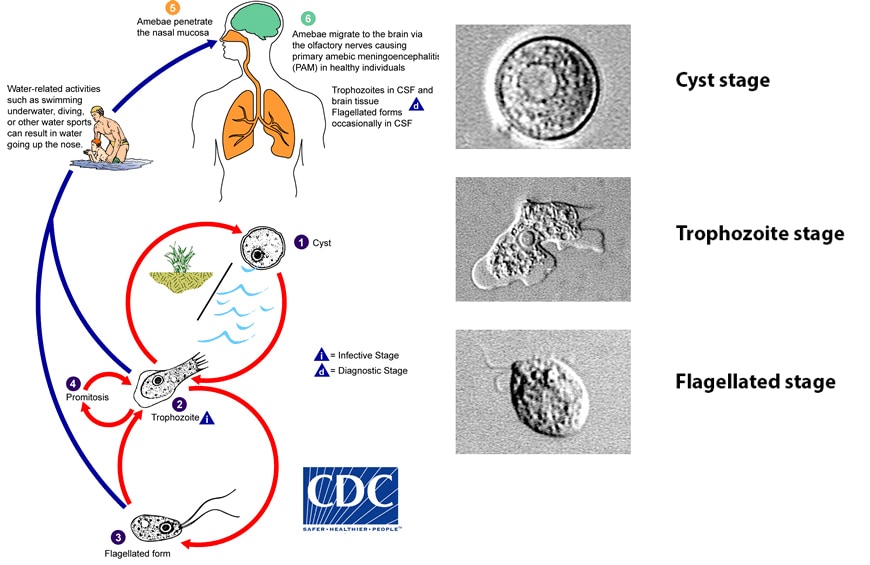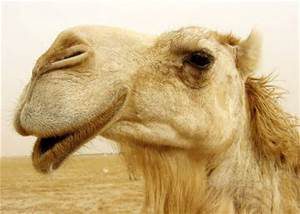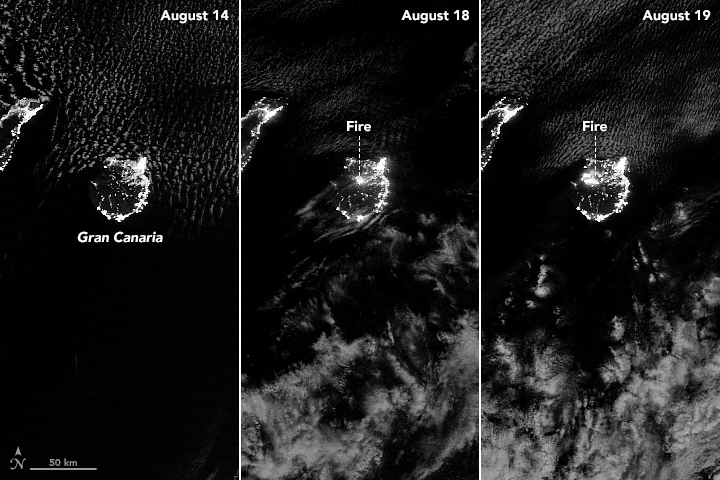Archive for August, 2019
August 29, 2005: Hurricane Katrina makes landfall near New Orleans, Louisiana, as a Category 4 hurricane.
Thursday, August 29th, 2019Mexico: Molotov cocktails reportedly thrown into table dancing bar to spark deadly blaze, killing at least 26 and sending 11 more to hospital
Thursday, August 29th, 2019Hurricane Dorian hitting Puerto Rico and The Virgin Islands
Wednesday, August 28th, 2019“…..Hurricane conditions are ongoing over portions of the US Virgin Islands, and could still occur over Vieques, Culebra, and the British Virgin Islands during the next several hours, according to NWS. These winds should subside tonight.
Meanwhile, tropical storm conditions are expected in Puerto Rico through tonight……”
August 28, 1988: At the Ramstein Air Base Air Show in Germany, 3 Italian jets collide in mid-air and fall into the crowd killing 69 injuring hundreds more.
Wednesday, August 28th, 2019“An air show involving military jets at the Ramstein Air Base in Germany turns tragic on August 28, 1988 when three jets collide in mid-air and fall into the crowd. Sixty-nine of the 100,000 spectators died and hundreds more were injured………”
DORIAN HAS SHOWN LITTLE CHANGE IN STRENGTH BUT IS EXPECTED TO STRENGTHEN BEFORE REACHING PUERTO RICO ON WEDNESDAY…
Wednesday, August 28th, 2019
DEPRESSION BECOMES TROPICAL STORM ERIN… …FORECAST TO MOVE NORTHWARD AND NORTHEASTWARD OVER THE OPEN ATLANTIC
Wednesday, August 28th, 2019August 27, 1883: The Krakatoa explosions threw five cubic miles of earth 50 miles into the air, created 120-foot tsunamis and killed 36,000 people.
Tuesday, August 27th, 2019Saudi Arabia reports 9 additional laboratory-confirmed cases of Middle East respiratory syndrome (MERS-CoV) infection and 4 associated deaths.
Tuesday, August 27th, 2019Middle East respiratory syndrome coronavirus (MERS-CoV) – The Kingdom of Saudi Arabia
From 1 through 31 July 2019, the National IHR Focal Point of Saudi Arabia reported 9 additional laboratory-confirmed cases of Middle East respiratory syndrome (MERS-CoV) infection and 4 associated deaths. The cases were reported from Riyadh (5 cases), Najran (3 cases), Al-Qassim (1 case) regions. There were no clusters of cases reported during this time period.
The link below provides details of the 9 reported cases :
From 2012 until 31 July 2019, the total number of laboratory-confirmed MERS-CoV infection cases reported globally to WHO is 2458, with 849 associated deaths. The global number reflects the total number of laboratory-confirmed cases reported to WHO under International Health Regulations (IHR 2005) to date. The total number of deaths includes the deaths that WHO is aware of to date through follow-up with affected member states.
WHO risk assessment
Infection with MERS-CoV can cause severe disease resulting in high mortality. Humans are infected with MERS-CoV from direct or indirect contact with dromedary camels. MERS-CoV has demonstrated the ability to transmit between humans. So far, the observed non-sustained human-to-human transmission has occurred mainly in health care settings.
The notification of additional cases does not change the overall risk assessment. WHO expects that additional cases of MERS-CoV infection will be reported from the Middle East, and that cases will continue to be exported to other countries by individuals who might acquire the infection after exposure to dromedary camels, animal products (for example, consumption of camel’s raw milk), or humans (for example, in a health care setting or household contacts).
WHO continues to monitor the epidemiological situation and conducts risk assessment based on the latest available information.
WHO advice
Based on the current situation and available information, WHO encourages all Member States to continue their surveillance for acute respiratory infections and to carefully review any unusual patterns.
Infection prevention and control measures are critical to prevent the possible spread of MERS-CoV in health care facilities. It is not always possible to identify patients with MERS-CoV infection early because like other respiratory infections, the early symptoms of MERS-CoV infection are non-specific. Therefore, healthcare workers should always apply standard precautions consistently with all patients, regardless of their diagnosis. Droplet precautions should be added to the standard precautions when providing care to patients with symptoms of acute respiratory infection; contact precautions and eye protection should be added when caring for probable or confirmed cases of MERS-CoV infection; airborne precautions should be applied when performing aerosol generating procedures.
Early identification, case management and isolation, together with appropriate infection prevention and control measures can prevent human-to-human transmission of MERS-CoV.
MERS-CoV causes more severe disease in people with underlying chronic medical conditions such as diabetes mellitus, renal failure, chronic lung disease, and compromised immune systems. Therefore, people with these underlying medical conditions should avoid close unprotected contact with animals, particularly dromedary camels, when visiting farms, markets, or barn areas where the virus is known to be potentially circulating. General hygiene measures, such as regular hand washing before and after touching animals and avoiding contact with sick animals, should be adhered to.
Food hygiene practices should be observed. People should avoid drinking raw camel milk or camel urine or eating meat that has not been properly cooked.
WHO does not advise special screening at points of entry with regard to this event nor does it currently recommend the application of any travel or trade restrictions.
Pakistan: 12 people have so far died in 2019 in Karachi due to Naegleria fowleri
Tuesday, August 27th, 2019



![[Image of probabilities of 34-kt winds]](https://www.nhc.noaa.gov/storm_graphics/AT06/refresh/AL062019_wind_probs_34_F120+png/024437.png)

